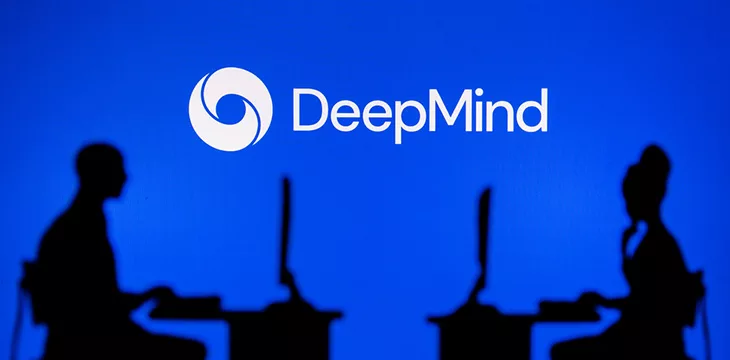
|
Getting your Trinity Audio player ready... |
As the artificial intelligence (AI) race heats up, DeepMind CEO Demis Hassabis has confirmed that his firm is working on a new project to rival OpenAI’s ChatGPT.
DeepMind, a subsidiary of Google (NASDAQ: GOOGL), is building a new AI project dubbed Gemini that will be in the mold of a large language model (LLM). Hassabis revealed that the model would build up AlphaGO, an AI project that made history by defeating a world champion Go player, to include problem-solving and planning abilities.
“At a high level, you can think of Gemini as combining some of the strengths of AlphaGo-type systems with the amazing language capabilities of the large models,” said Hassabis. “We also have some new innovations that are going to be pretty interesting.”
Google broke the news of Gemini’s development at a conference in May but failed to disclose further information on a release date. However, Hassabis disclosed that the project could run for several months while costing well over $100 million, a similar price that OpenAI splurged on ChatGPT-4.
Rather than focusing on the traditional LLM method of feeding models with data, Gemini researchers are pushing the frontiers by drawing on their experience in robotics and neuroscience to add problem-solving functionalities to the service.
Given ChatGPT’s impressive adoption metrics since launch, DeepMind faces a herculean task in closing the gap. However, Hassabis remains unfazed while expressing confidence in merging DeepMind and Google’s main AI lab, Brain.
Google floated Bard, its generative AI model, as a response to ChatGPT, but since its launch, the platform has faced a slew of regulatory issues in Europe. Bard’s incursion into the European Union (EU) was halted in its tracks by the Irish Data Protection Commission for failing to give relevant notices to regulatory agencies.
Outside the EU, Google’s AI aspirations are making steady progress, culminating in the launch of an AI-powered anti-money laundering service for financial institutions. The company has also entered into an arrangement with the U.K. government to provide priority access for future AI projects to ensure compliance with regulatory standards.
Halting AI advances is highly unlikely
Hassabis stated that while AI offers several benefits, numerous drawbacks are associated with the frenetic development of the technology. The DeepMind executive called for regulators to establish guardrails to guide the safe development of the technology but warned that a moratorium is highly unlikely.
“If done correctly, it will be the most beneficial technology for humanity ever,” said Hassabis. “We got to boldly and bravely go after those things.”
Given the risks AI poses to Web3, finance, media, and health, a group of concerned consumer protection groups in the EU and U.S. are urging regulators to take preemptive action to mitigate the risks from AI misuse.
In order for artificial intelligence (AI) to work right within the law and thrive in the face of growing challenges, it needs to integrate an enterprise blockchain system that ensures data input quality and ownership—allowing it to keep data safe while also guaranteeing the immutability of data. Check out CoinGeek’s coverage on this emerging tech to learn more why Enterprise blockchain will be the backbone of AI.
Watch: Blockchain can bring accountability to AI
Recommended for you
Lorem ipsum odor amet, consectetuer adipiscing elit. Elit torquent maximus natoque viverra cursus maximus felis. Auctor commodo aliquet himenaeos fermentum
Lorem ipsum odor amet, consectetuer adipiscing elit. Accumsan mi at at semper libero pretium justo. Dictum parturient conubia turpis interdum

 11-22-2024
11-22-2024


